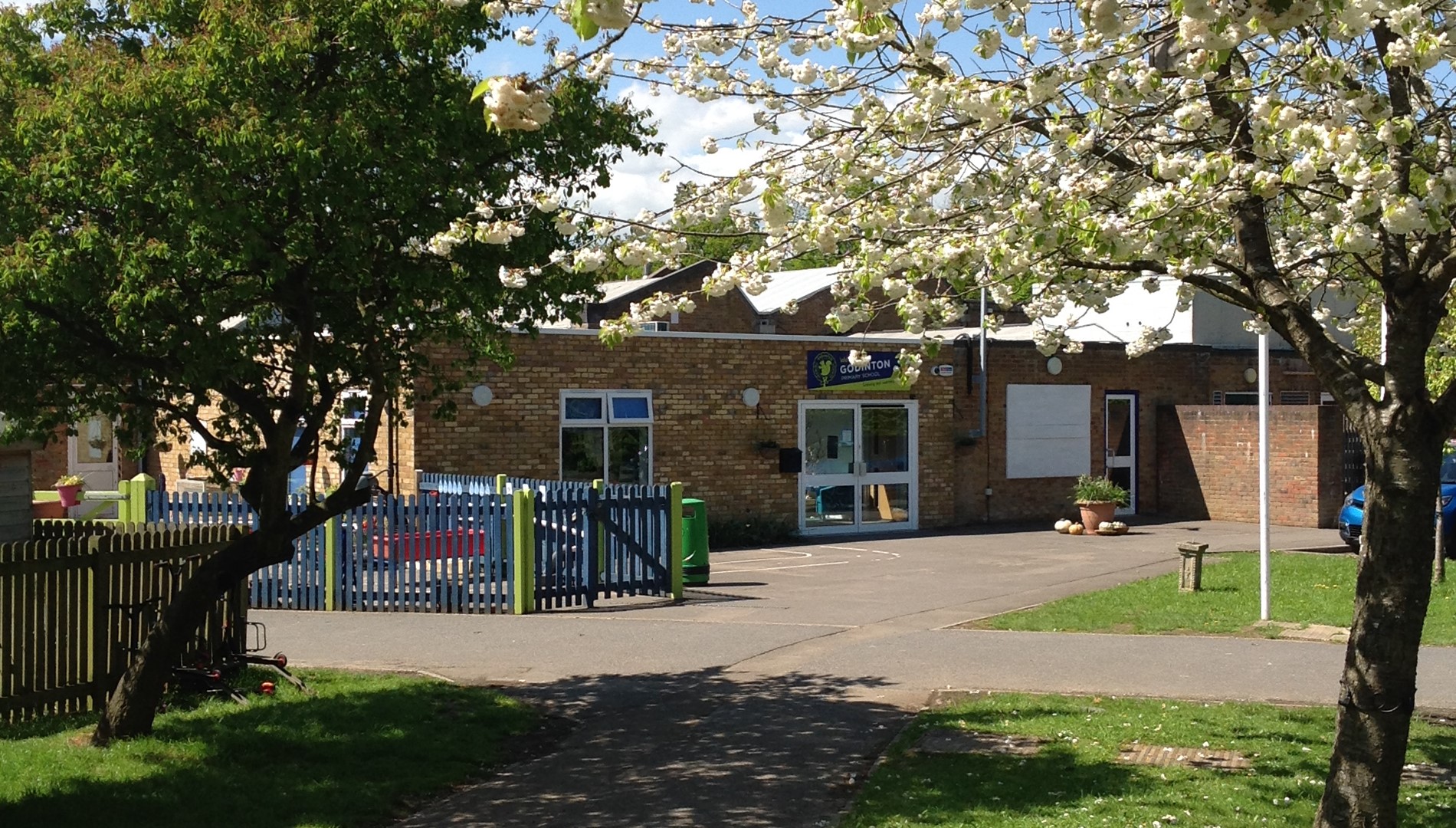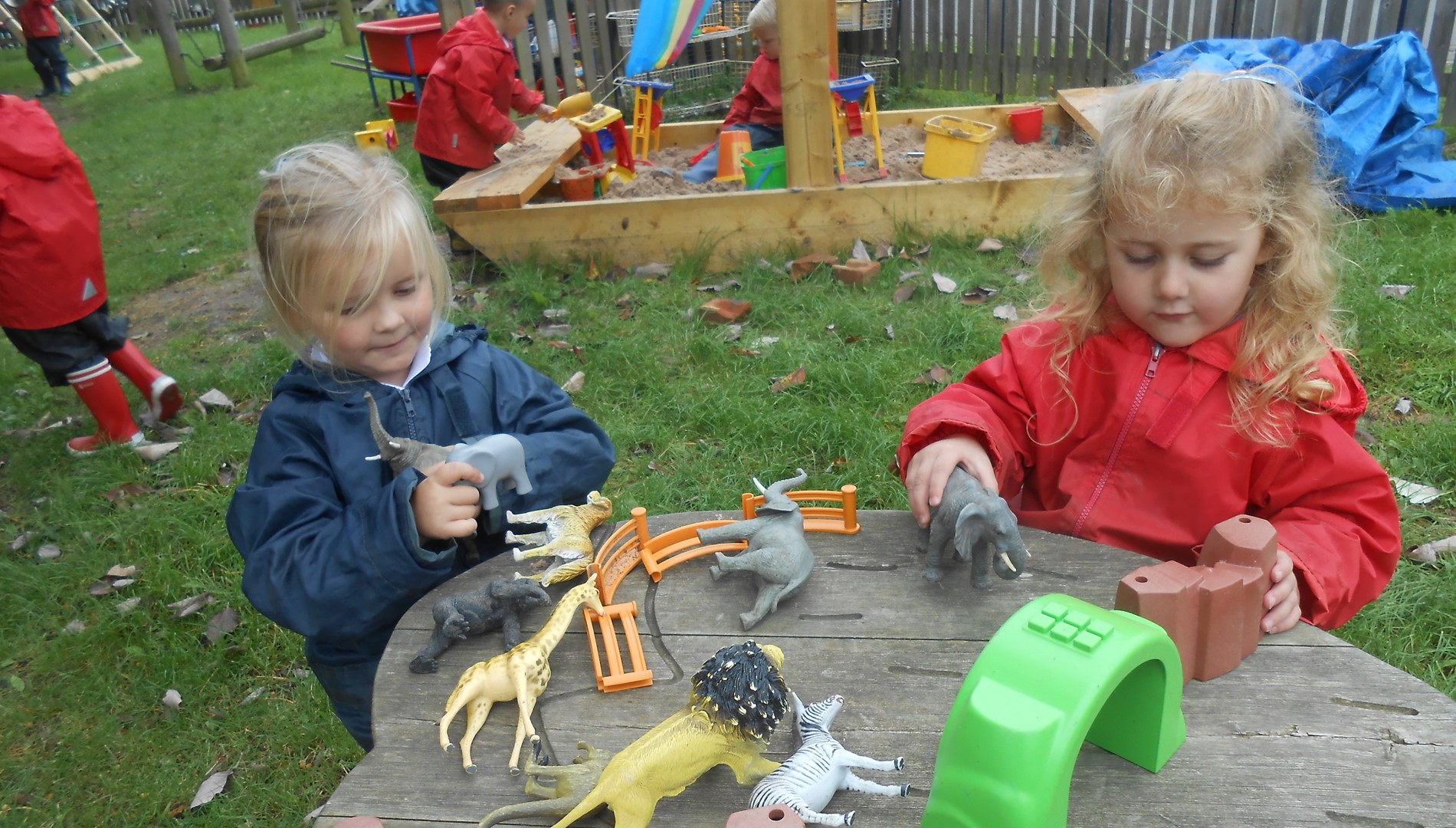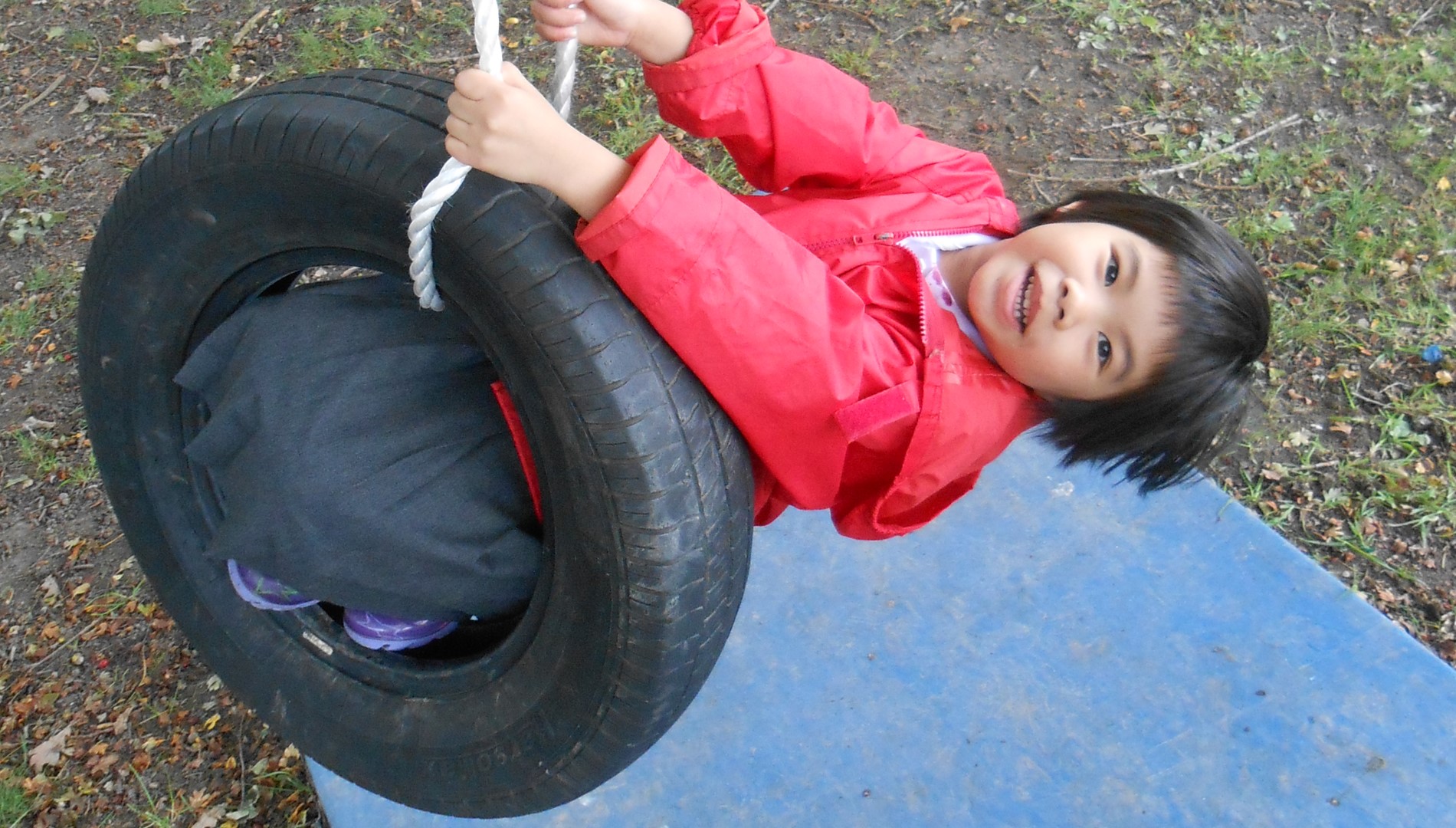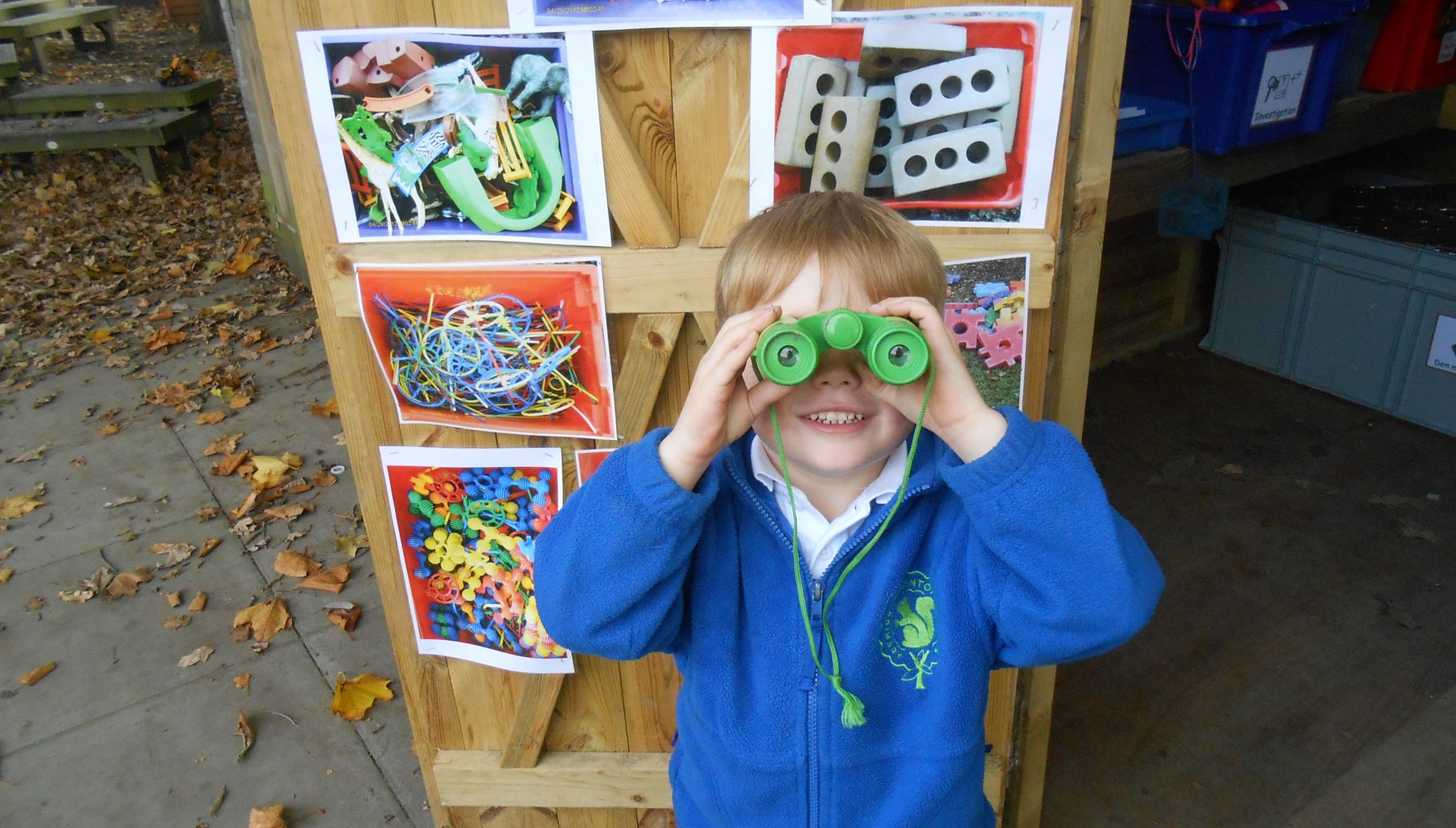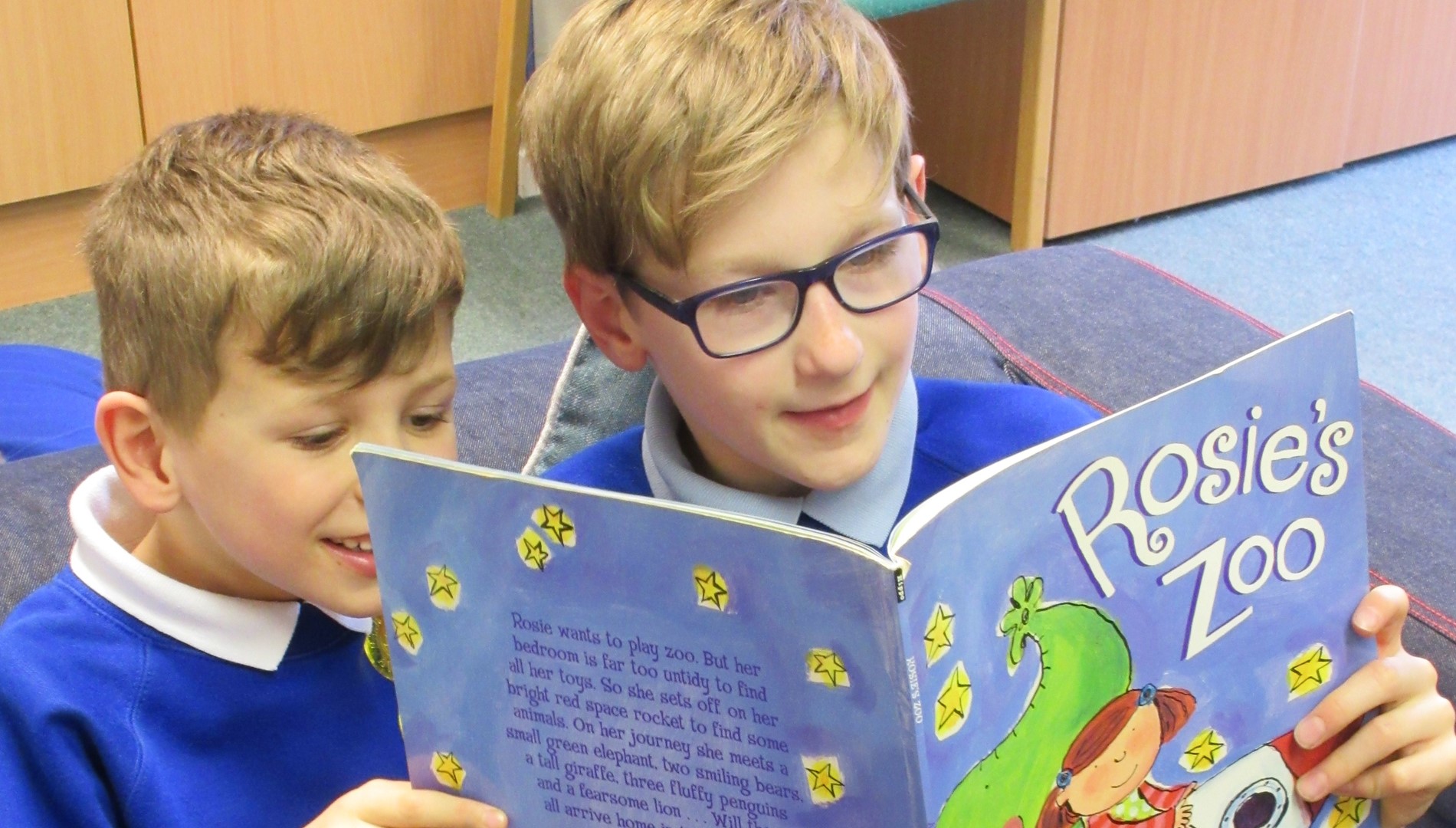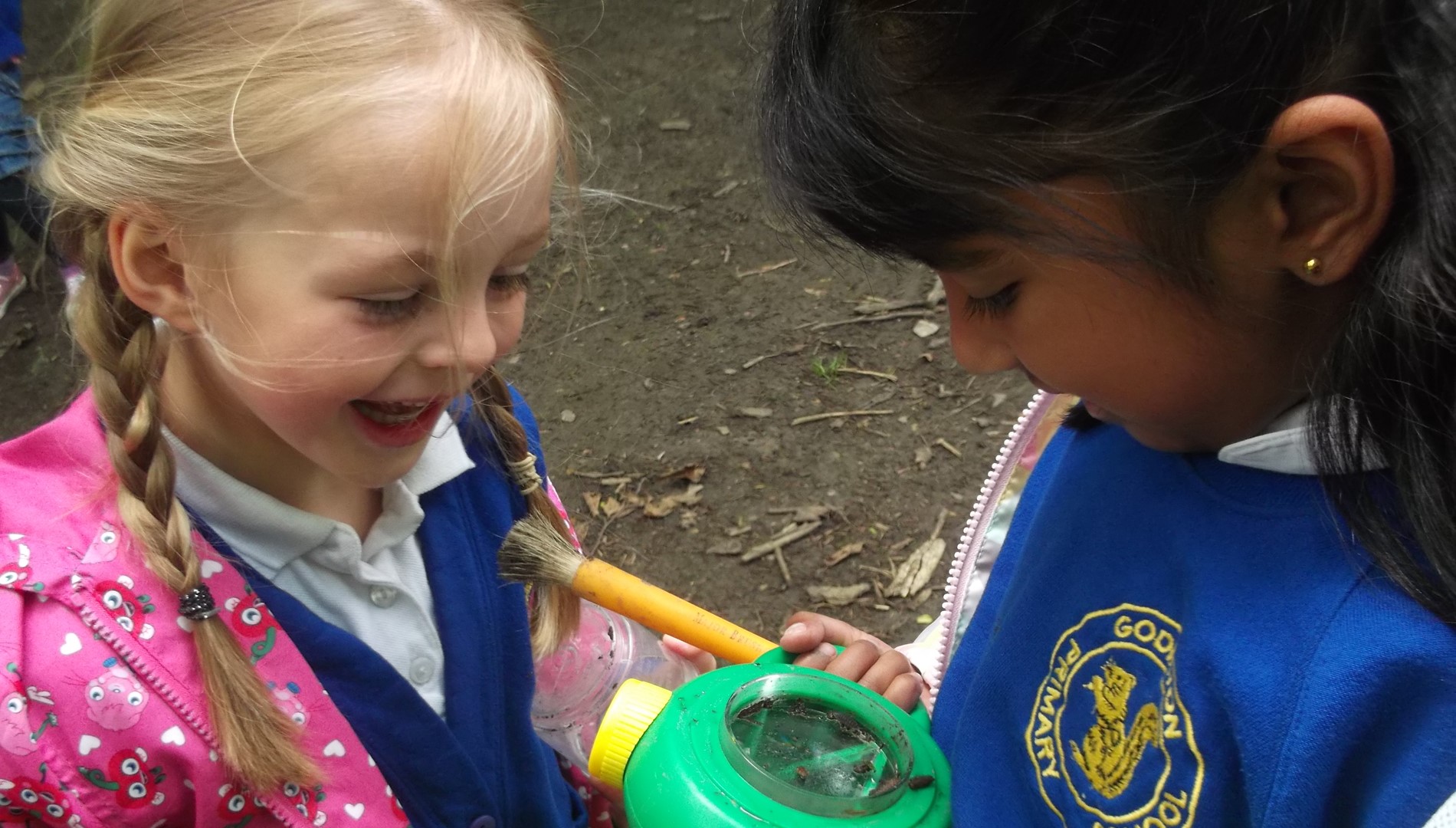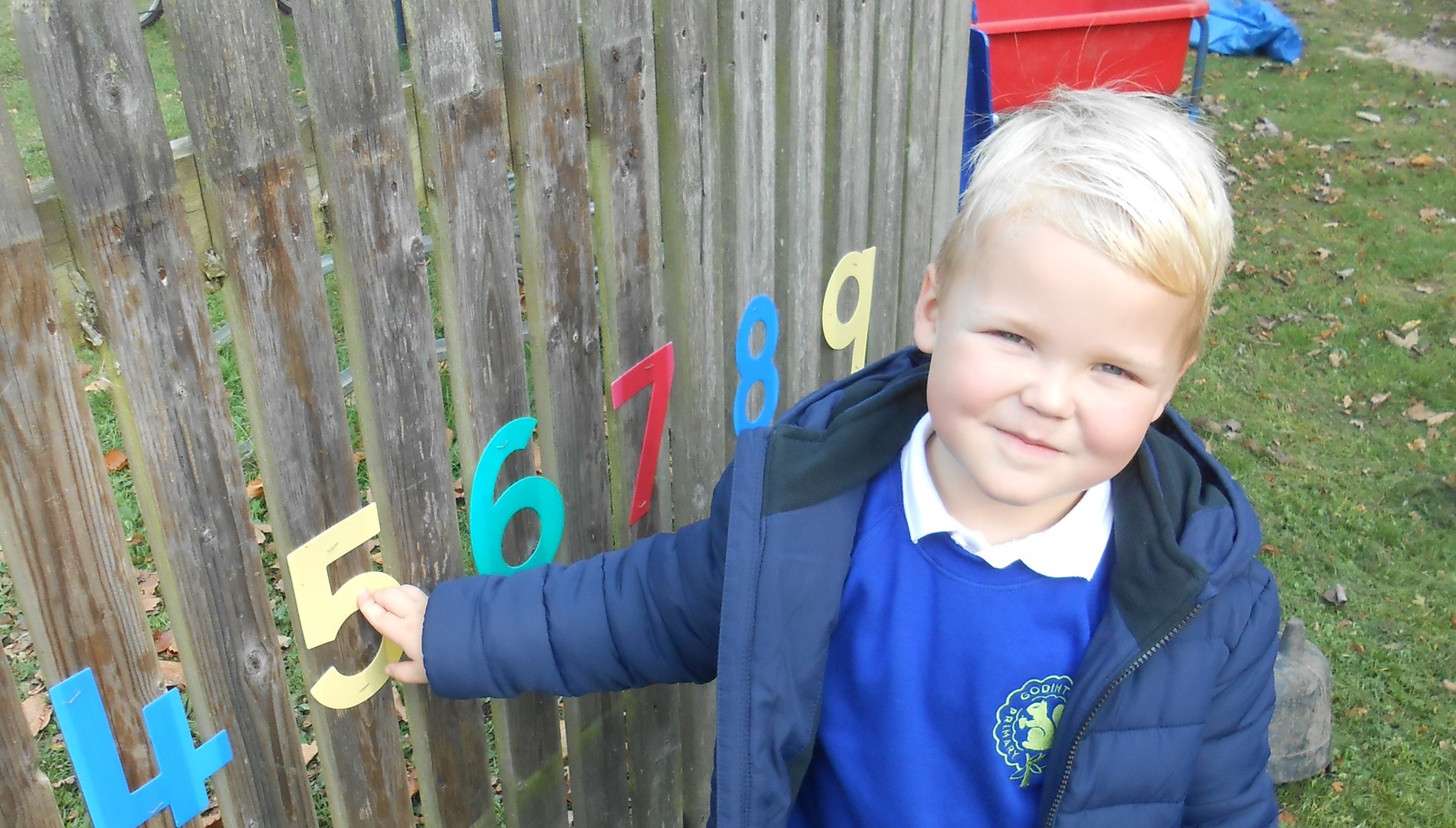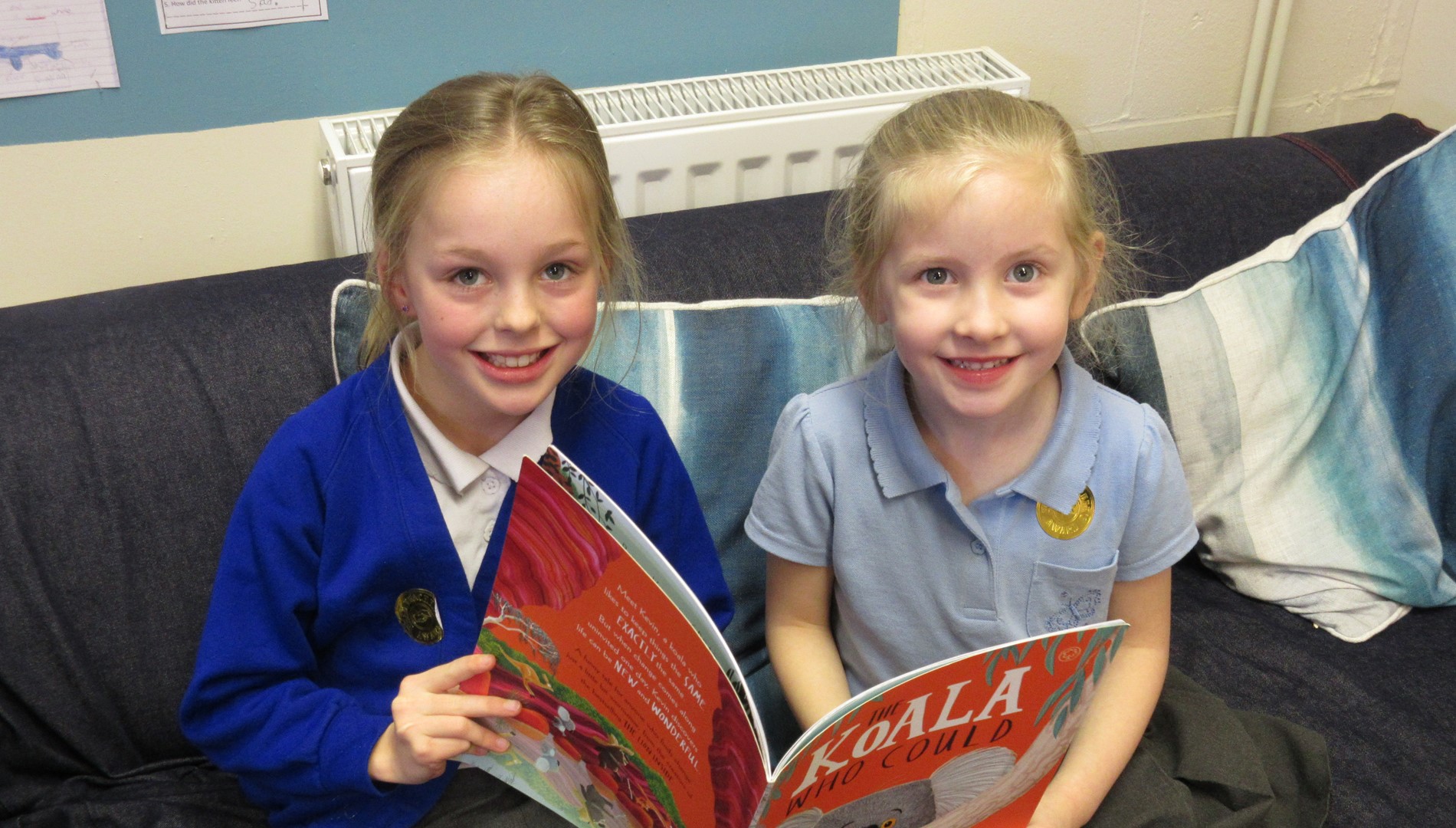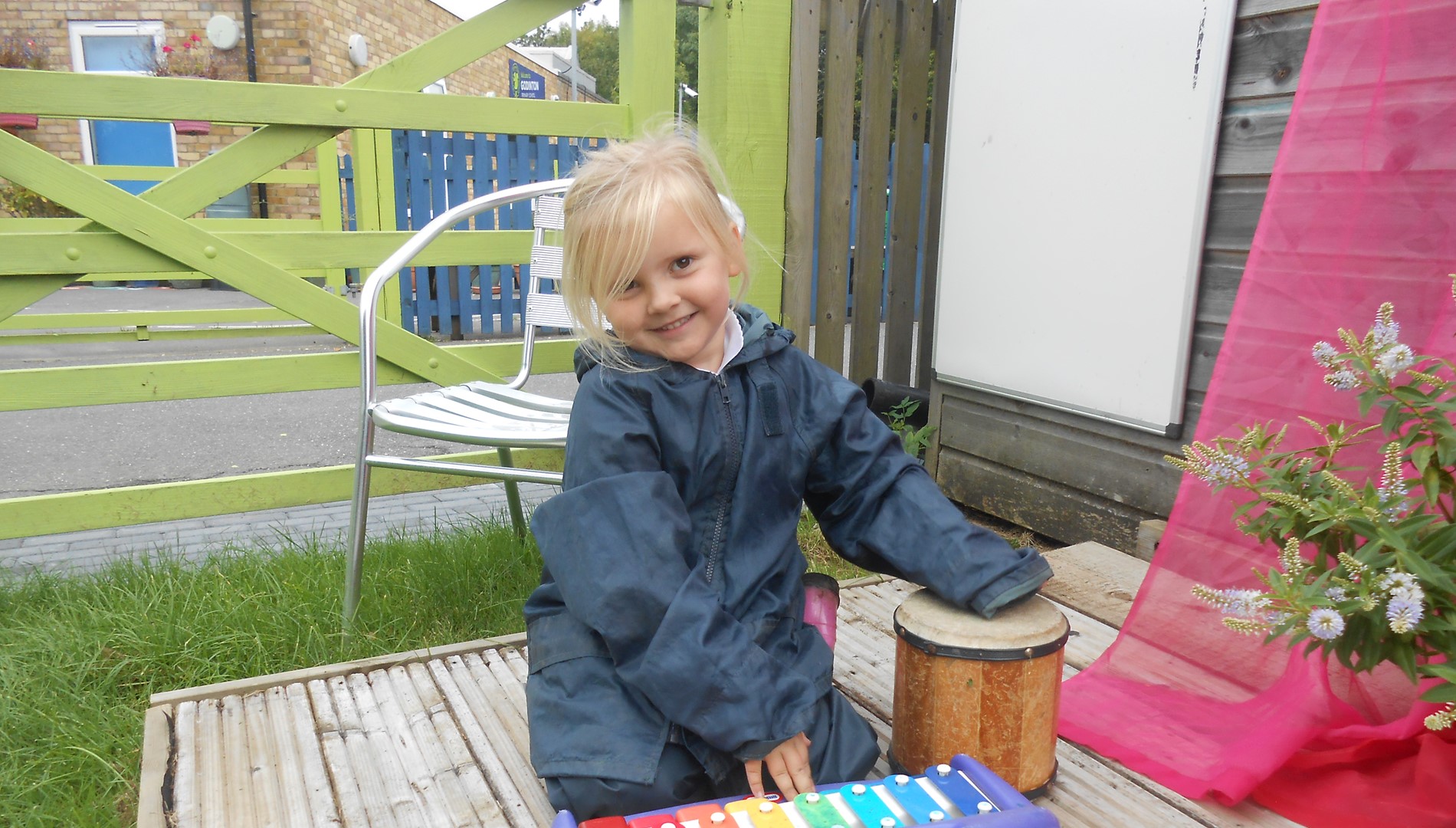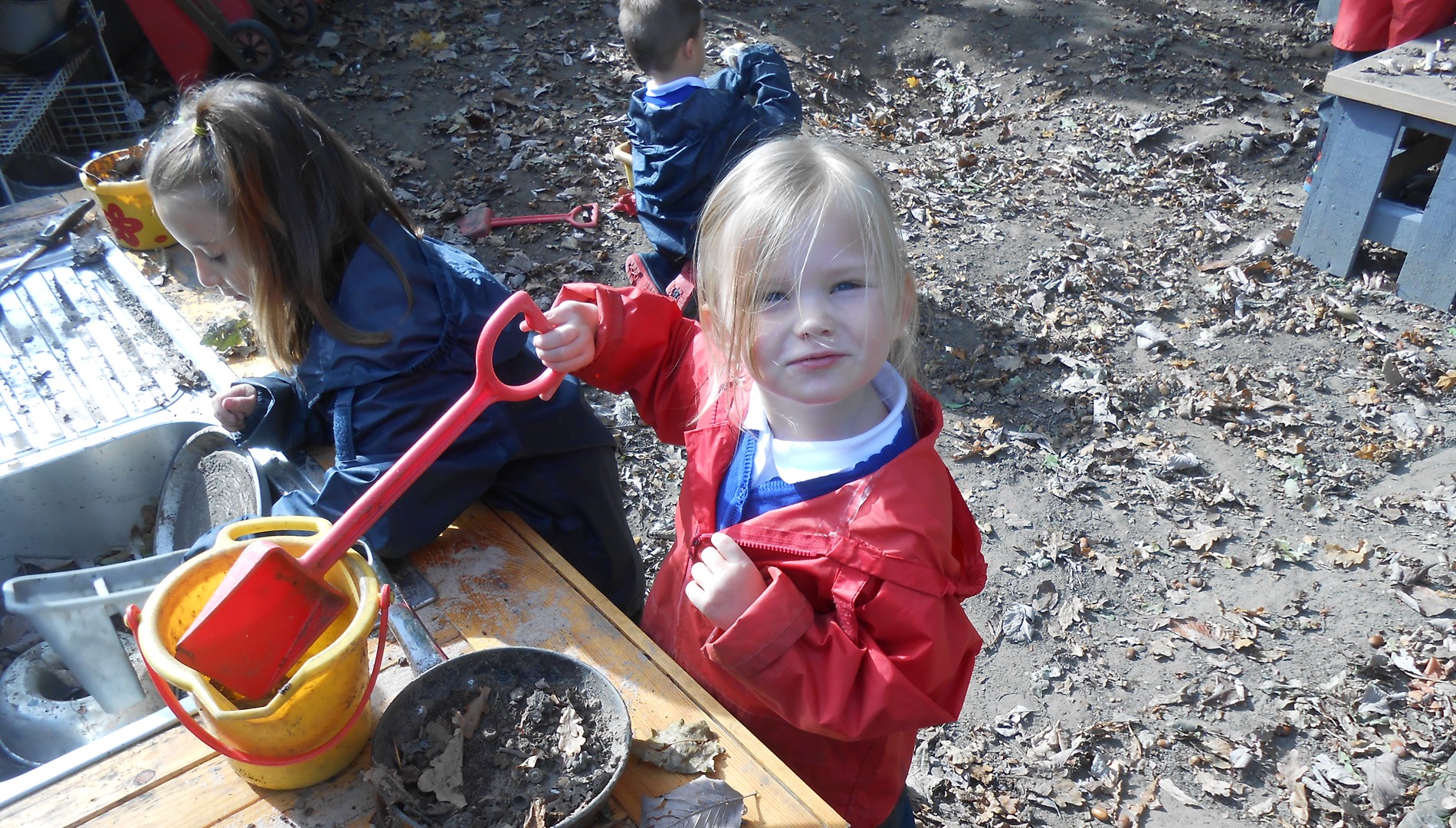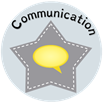Our Writing Adventure - The Writing Curriculum at Godinton
Curriculum Intent
At Godinton Primary School, we believe that children need to develop a secure knowledge-base in Literacy, which follows a clear pathway of progression as they advance through the primary curriculum. Crucial to this is the development of writing skills which will begin to give our children the essential tools they need to see them through to adulthood. We believe it is important for children to be able to confidently communicate their knowledge and ideas through their writing, and exposure to high quality texts inspires creativity in their own work. We want our children to acquire a wide vocabulary, a solid understanding of grammar and be able to spell new words by effectively applying the spelling patterns and rules they learn throughout their time in primary school. Our children gather the skills needed to plan, draft and refine their written work over time and are encouraged to develop independence in being able to identify their own areas for improvement within their writing.
Writing is a crucial skill which supports children’s learning across most subjects. At Godinton it forms a core part of our Learning Adventure work. We recognise the importance of nurturing a culture where children take pride in their writing, can write clearly and accurately and can manipulate language and style to create effects for the reader for a variety of purposes and audiences. We want our children to love expressing themselves through the written word and to become confident and self-assured writers.
Please click here to view our Writing end points document.
As part of our Guiding Stars curriculum, Reading, Phonics and Writing are the leading light subjects for ‘Communication’.
Within our English curriculum, the children develop an understanding of the needs of an audience and respond accordingly. They become confident to use the written or spoken word, to share ideas and thoughts or to entertain, report or explain, setting the page alight with ideas. The children develop a desire to expand their vocabulary and to enrich how they write and speak, trying to find the right words for the right situation. They learn how to improve their work and are happy to listen to or respond to suggestions. We want our children to have a love of literature and find enjoyment in the written or spoken word of others.
Click on the communication icon below to find out more about how the children’s understanding of communication progresses throughout these curriculum areas.
Curriculum Implementation
Our writing curriculum focuses on the teaching of ten genres which are taught each year enabling the children to progress skills and build on prior learning. Repetition and reinforcement of these areas ensures that our children leave primary school being able to write confidently in the areas which will be most needed as they get older:
Biographies and autobiographies, instructional writing, letters, non-chronolgical reports, recounts, newspapers, diaries, persuasive writing, balanced arguments and story writing.
Our non-fiction curriculum gives our children the opportunity to write confidently for a variety of purposes. They are taught how to construct biographical accounts and how to produce non-chronolgical reports and letters. It is important that children are able to articulate a point of view and can consider both sides of an argument so balanced arguments and persuasive writing also form a key focus.
Fiction genres focus on our children developing the skills needed to be amazing story tellers and to write stories set in a range of contexts and situations. This may be stories with a dilemma or mystery and stories containing tension and suspense. Within this genre they develop their creativity to develop imagery, extend vocabulary and description, and are taught strategies to engage the reader which develop in complexity as the children move through the school.
Writing is taught every day and forms a large part of our timetable. Each writing genre forms a unit of work lasting 2-3 weeks. Children are taught the key skills required within each area including sentence structure, composition and effect, building up to a final finished piece which incorporates all aspects. These writing skills are developed within a context which relates to another area of curriculum focus. So, for example, diary writing may be taught within the context of the Great Fire of London and the diaries of Samuel Pepys or the skills associated with newspaper writing taught within the context of work on deforestation in the Amazon Rainforest. This forms our ‘Learning Adventure’ work. We believe that by giving the children a familiar content within which to write, they are better able to focus on the skills needed to extend their writing abilities.
In writing lessons children see writing modelled so they are clear on the expectations to aspire to. Within these lessons they have the opportunity to discuss how sentences may best be constructed and to collaboratively make suggestions for vocabulary choices. They are given opportunities to work independently and to plan, draft, edit, up-level and present their writing. In Upper School, this ‘purple-pen’ work enables children to clearly indicate how they can make improvements to their work and where they can act on the feedback given to them.
Classes usually teach grammar as a separate lesson with skills and concepts being reinforced and embedded in other writing lessons. We follow a progressive scheme for the acquisition of grammar, punctuation, sentence structure and spelling skills which are aligned with the national curriculum. Clear content is assigned to each year group which builds on prior learning and enables the children to progress appropriately. During their guided reading lessons, children identify how authors have used grammar, punctuation and vocabulary skills so links can be made with their own writing.
Phonics and spelling skills are also taught as separate lessons as well as being integrated into lessons to provide good consolidation. We follow a progressive structure to the development of spelling skills, aligned to the National Curriculum. Through exploring spelling patterns and rules, we aim to create confident and proficient spellers using a discrete teaching approach underpinned by phonics. Children are taught how to spell accurately and identify reasons for mis-spellings, to proof-read their spellings, recognise word origins, families and root words and to use dictionaries and thesauruses.
During the Foundation Stage at Godinton, the children are taught to sit properly in order to have the correct posture for writing, hold a pencil in the correct position and develop a legible handwriting style building on their early mark making and emergent skills. From KS1, the school adopts a cursive handwriting style which is developed as the children progress through the school. Teachers are expected to role model the school’s handwriting style when marking children’s work or writing on the board.
EYFS
The EYFS framework is structured very differently to the National Curriculum and it is organised across seven areas of learning rather than subject areas. Writing appears under the specific area of Literacy, but it also features in the Communication and Language, Physical Development, and Expressive Arts and Design areas of learning.
Here at Godinton Primary School, as part of our exciting termly themes, we centre each week upon carefully chosen texts which children explore in different ways across all areas of learning. Written tasks are carefully designed in relation to these texts which are purposeful and inspire children to write across a range of different genres. Writing is undertaken as a whole class or in smaller groups so that tasks can be carefully matched to the individual needs and abilities of all children. Many emergent writing opportunities are embedded within the curriculum both through teacher directed activities and as part of their child initiated time. Close links are made to the ‘Physical Development’ area of learning so that the children’s gross and fine motor skills are developed to support effective pencil control. Here at Godinton Primary, children are excited by stimulating writing tasks and develop high levels of independence, in readiness for their transition into Key Stage One.
It is our aim that when children at Godinton Primary School finish their first year at school and move into Year 1, they will be able to:
- Write letters which are mostly well formed
- Spell words by identifying sounds in them and representing the sounds with a letter or letters
- Write simple phrases and sentences that can be read by themselves and others
- Hold a pencil effectively in preparation for writing (nearly always tripod grip)
- Use a range of small tools
- Express their ideas and feelings about their experiences using full sentences, including use of past, present and future tenses and making use of conjunctions, with modelling and support from an adult
- Invent, adapt and recount narratives and stories with peers and their teacher.
Curriculum Impact
Teachers use assessment as an integral part of the teaching and learning process and link it clearly to the children’s next steps. They use a variety of formative assessment methods and constructive marking strategies to identify what the children have done well and where they need to improve. Children also self-assess their own work and use success criteria to assist them with this process.
Through the design of our writing curriculum, our children are provided with the knowledge and skills to be able to write successfully for a purpose and audience. By the end of Key Stage 2 children have developed a writer’s craft, they enjoy sustained writing and can manipulate language, grammar and punctuation to create effect. As all aspects of English are an integral part of the curriculum, cross curricular writing standards have also improved and skills taught in Learning Adventure sessions are transferred into other subjects; this shows consolidation of skills and a deeper understanding of how and when to use specific aspects of language, grammar and punctuation.
At the end of Key stage 2, it is our aim that our children reach or exceed age related expectations in writing, in line with national outcomes.
